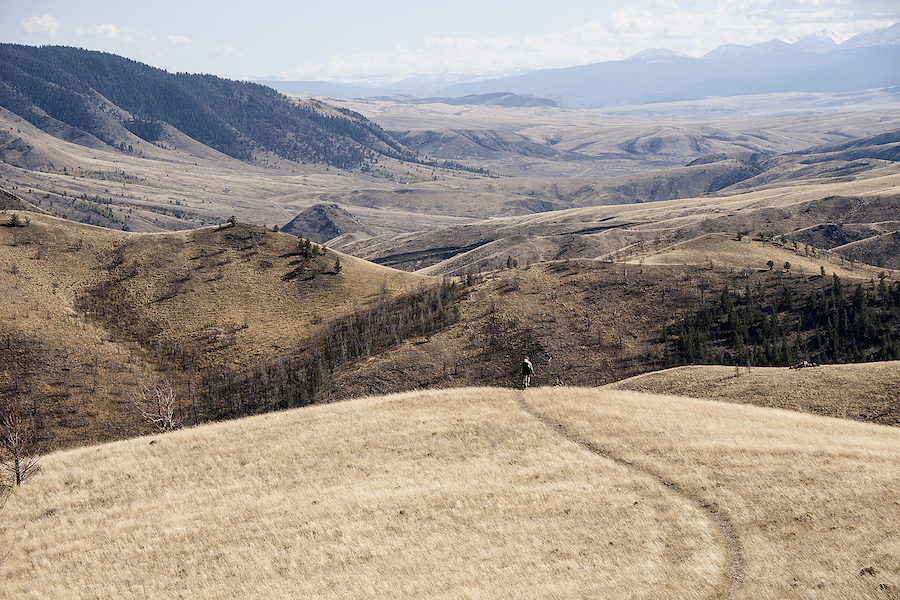I came to Wyoming in 1974 and stayed because its future looked promising. The prairies of Campbell County were sprouting surface coal mines, and new power plants were being built to burn the millions of tons that the massive mines produced. Oil and gas had long been here, but we did not yet know of the bounties that fracking, coal bed methane and interstate pipelines would bring. In a state so friendly to the energy industry it was easy to be convinced that riding the coattails of the coming booms would make for a good career. That proved to be true and Wyoming treated me very well.
But, as Wyoming limps into 2020, every assumption on which the state’s economy is based is being called into question. Coal, natural gas, and oil are in decline. Power plants are closing. The country’s appetite for these products is falling. It won’t be overnight, but the transition is jarring, nonetheless. Wyoming’s economy in 2040 will look a lot different than it does now.
Sadly, small towns that are dependent on mineral extraction and agriculture will lose their populations, leaving communities of mostly old folks to struggle for diminishing essential services. Revenues to state and local governments will continue to slide, and within a few years the rainy-day funds will be spent down as they are used to fill increasingly large funding gaps.
If I had to predict, modest-sized wind farms will be built, but the huge projects proposed for Carbon County will face uncertain futures. Industrial scale solar may arrive, and unless the Legislature screws it up, rooftop solar will expand. The uranium mining industry will cease, but trona will be stable.
Until the savings are almost exhausted, the Legislature will not impose new taxes to modernize our mineral dependent systems. The Joint Revenue Committee just soundly defeated a measure to raise ad valorem property taxes on homes. Magic elixirs for economic diversification, like blockchain, will fizzle, and they don’t generate any tax revenue. Gov. Matt Mead’s ENDOW initiative will be quickly forgotten, and millennials will continue to leave the state in search of greater opportunities.
Is there reason to be optimistic about Wyoming’s future and the role that the Wyoming Outdoor Council can play? Of course. Wyoming has vast and accessible public lands and residents who are committed to keeping these lands in public hands. Wyoming ranks second, behind Montana, in the economic value of its outdoor recreation economy. For more than 50 years WOC has been at the forefront of telling that story.
People and nature have always been in competition for the soul of Wyoming. While development is apparent across some Wyoming landscapes, I just drove from Cheyenne to Lander and I am reassured by the vast spaces that are relatively unmarred by civilization. You can still go into the Red Desert or Green Mountain south of Jeffrey City and disappear. The future of Wyoming may lie in the millions of people who crave quiet and momentary isolation, and its potential to allow individuals to rub up against nature in raw form.
We are seeing a revolution in our understanding of big game migration and the critical factors, such as protected habitat and movement corridors, that help ensure their survival. The Outdoor Council is good at persuading people that public land and wildlife protection are vital.
Wyoming is the headwaters of bountiful interstate streams. But our aging water infrastructure needs large investments. Drought and downstream demand will limit new development and convert existing uses. The Outdoor Council can encourage the state to make wise decisions about how water funds are spent.
Perhaps we will content ourselves to have a smaller permanent population, but more tourists, provided they are well behaved. If we adjusted our tax system, we might be able to get them to help pay for our education needs. Wyoming has a generally excellent K-12 education system, which enjoys broad public support and funding even in tough budget years. This must continue.
Public understanding of the need to address climate change is growing, and WOC can play a central role in education and by supporting policies that limit emissions and address climate disruptions. WOC’s positive environmental message and its successes at protection can help counter “climate grief and eco-pessimism.”
It would be comforting to end this article with a paean to Wyoming’s mountains and plains and the indomitable spirit of its people. But, securing Wyoming’s future will take leadership, hard work, investment, and a willingness to change. Driving change is the hardest part, and likely the real calling of the Wyoming Outdoor Council.
Larry is a mostly retired natural resources, environmental, and energy lawyer who has practiced in Wyoming for almost 40 years. He is a passionate long distance cyclist and traveler.

